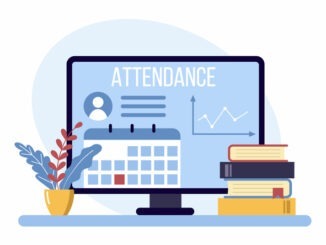
As reported by the BBC News, the bureaucracy of the government’s funding programme is preventing schools from helping pupils affected by periods of home-learning
Cori Bateman, CEO of the Pioneer Learning Trust which manages three primary schools in Luton, believes children have “really fallen behind” and that “significant amounts of catch-up is needed”.
The impact of lockdown learning was worse for disadvantaged children.
“The online learning has been difficult to access, and they haven’t had access to the support they were getting (previously) in schools”, said Ms Bateman.
The trust has been able to access government funding including money from the National Tutoring Programme, but Bateman’s experience has been “difficult… lengthy and slow”.
“We’ve accessed an academic mentor, but have only been able to find one for three schools”.
Ms Bateman continued that in one class, 30% of early-years children have difficulties, “something we don’t have additional money for”.
Before the pandemic about 10% of the trust’s children struggled with speech and language issues.
Head teacher of Southfield Primary, one of the Luton trust’s schools, Sarah Baldwin warns the catch-up challenge extends beyond helping pupils academically.
“It’s not just in terms of their maths and English skills which are really important, but coming back into the classroom, being aware of what those classroom rules are again, and how they interact with their friends,” said Ms Baldwin.
A spokesperson for the Department for Education said it is investing £5bn in “high-quality tutoring, world-class training for teachers and early-years practitioners, additional funding for schools, and extending time in colleges by 40 hours a year”.
“We’re supporting the most disadvantaged, vulnerable or those with the least time left in education – wherever they live – to make up for learning lost during the pandemic”.


Be the first to comment